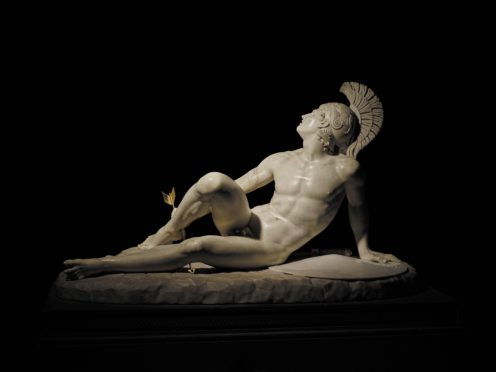The British Museum’s director has defended its ties with BP, saying it has considered the issue “in great depth”.
He made the comments as a Syrian refugee, whose work features in its major new Troy exhibition, said the oil giant’s sponsorship of the show acts to “artwash” BP.
But Hartwig Fischer said the exhibition “would not be possible” without the support of the oil and gas multinational.
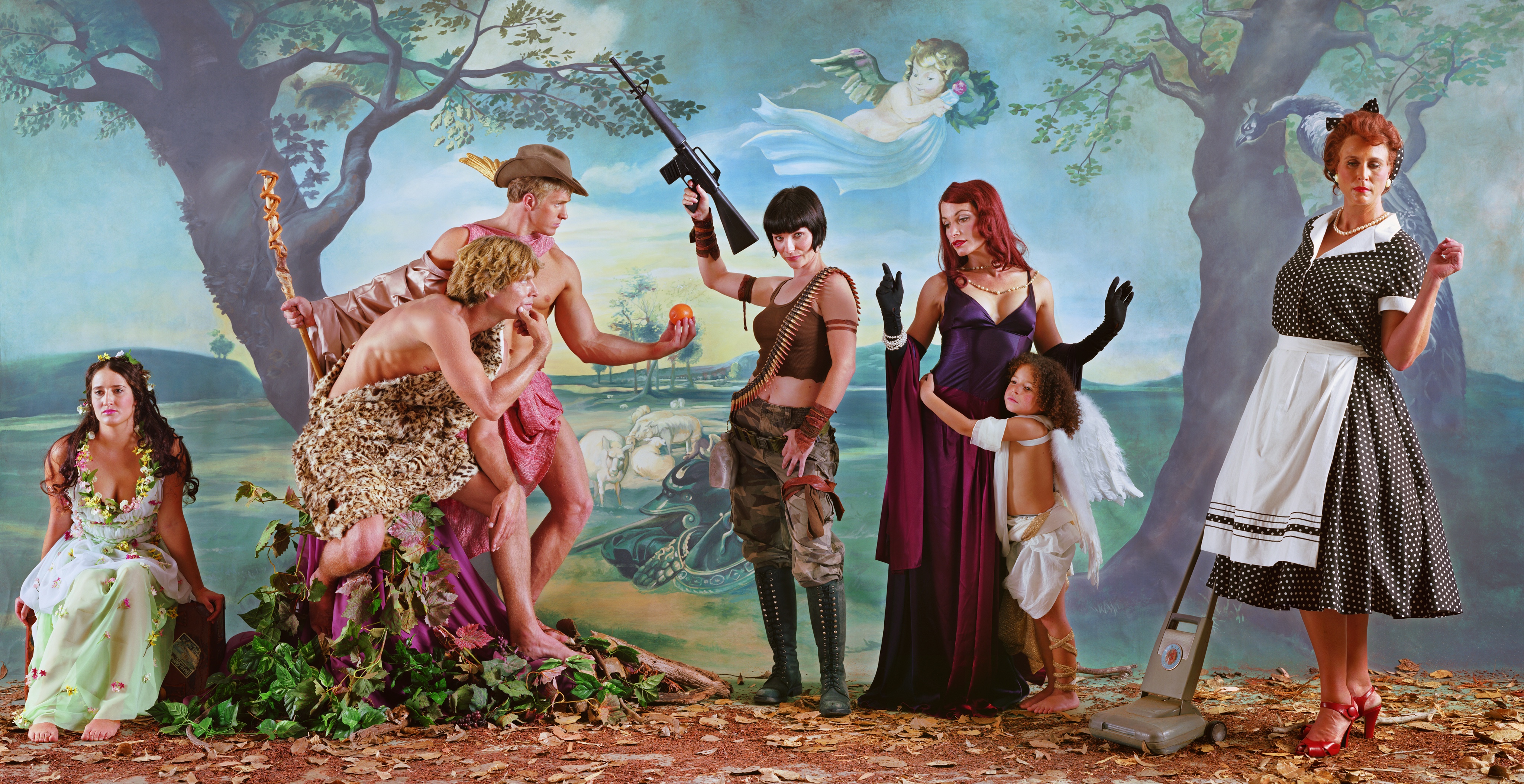
Asked whether the links tarnished its reputation, he said the Troy exhibition, which has stories of war at its heart, reflects the museum’s own ethics.
“I think there are a lot of things you can say about this… The fact that we do this exhibition is a very powerful statement against violence and destruction,” he told the PA news agency.
“We need sponsorships” to be able to put on exhibitions like Troy: Myth And Reality, he said.
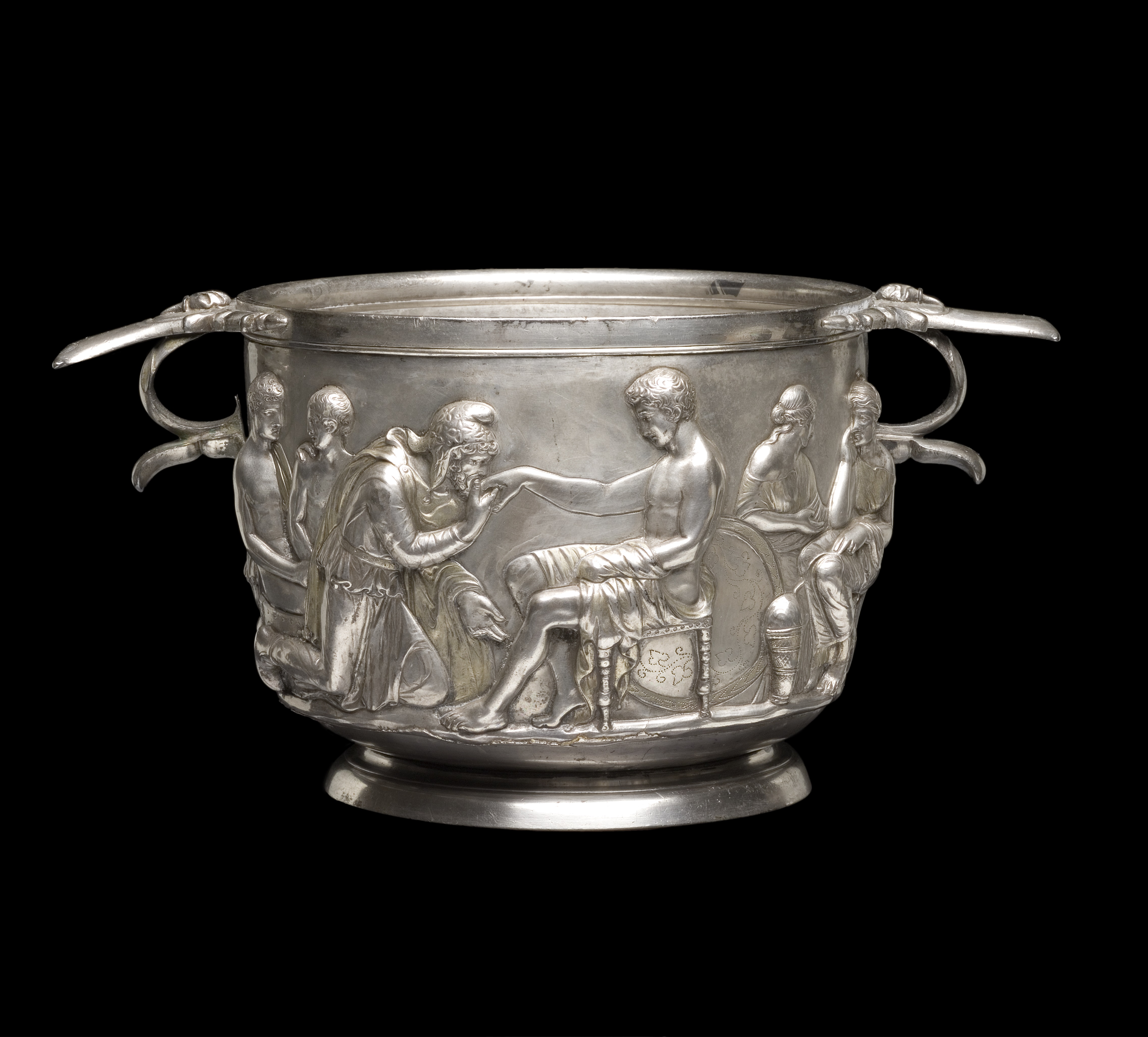
Asked if he felt more pressure to sever ties following the decision to do so by the Royal Shakespeare Company and National Galleries Scotland, he said: “We’ve had many conversations inside the British Museum and with many people outside, also with representatives of the various groups, to share our views and understand our views and understand how we go about this better.
“That includes the trustees of the British Museum… Together we have discussed this question in great depth.
“We feel that it is our mission to make it possible for… people to encounter stories like the one told in this exhibition, that display the danger of violence (and) the impact of violence.”
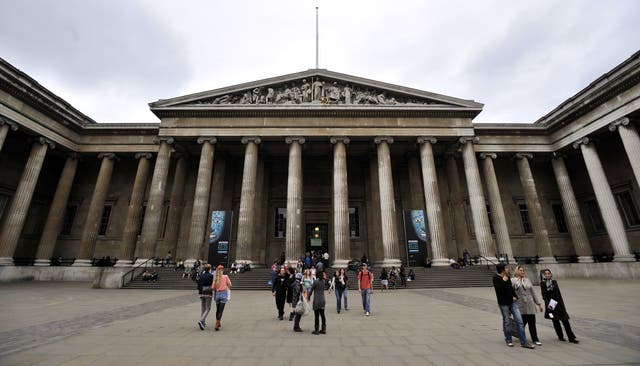
Curators say the exhibition highlights “eternal human themes” of “war, love and loss” and uncovers “the archaeology behind the myth” of Troy and the stories which have fascinated people for more than 3,000 years.
It re-examines Helen, at the centre of the Trojan War, not just as “the most beautiful woman in the world” and as more than “a feared seductress”.
And it features archaeological treasures it initially turned down from excavations at the site of Troy in the 1870s.
Mr Fischer’s comments came after Reem Alsayyah penned an open letter to the museum, saying it is a “devastating blow” to discover the Troy exhibition is sponsored by the company.
As we approach the opening of our #TroyExhibition next week, we thought it might be time to introduce some of the characters you’re likely to meet from the myth of the Trojan War ⬇ https://t.co/8gNaGLb44e pic.twitter.com/03DZsN1Ivl
— British Museum (@britishmuseum) November 15, 2019
The exhibition features a film of Alsayyah’s theatre production Queens Of Syria, directed by Zoe Lafferty.
Spoken by 13 female Syrian refugees, it is “a modern retelling” of Euripides’ Trojan Women.
Alsayyah, who was born in Syria during the first Gulf War, and Lafferty wrote to the museum, saying: “BP has directly profited from the widespread destruction and displacement of people, like the 13 women who formed the cast for our play, and yet you have reached the conclusion that its logo should brand an exhibition highlighting exactly the issues BP contributes to causing.”
The letter said they had been put in an “impossible position, where we must decide whether it is worse to try and remove our work from the exhibition – taking away the chance that this show can shine a light on the harsh realities that our team are living under – or to allow our work to help ‘artwash’ the impacts and crimes of BP, a multinational oil and gas company that has wreaked havoc on this planet and its people.”
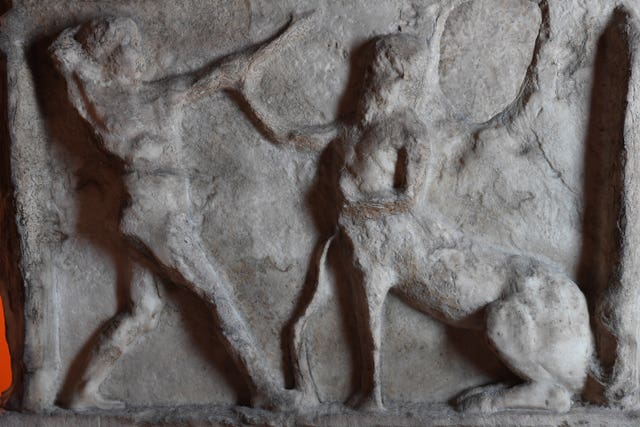
A spokeswoman for the British Museum said they understood the concerns raised, adding that it was right to ask questions about funding support that was necessary to ensure such exhibits could be hosted.
“Without external support, much programming and other major projects would not happen,” she said.
“Temporary exhibitions deliver tangible public benefit, deepening people’s understanding of the world’s many and varied cultures.
“This exhibition focuses on Troy as the ultimate universal story about the human condition. It features compelling characters and timeless themes: heroism and violence; love and loss; hope and despair, addressing themes as relevant now as they were 3,000 years ago.
“The exhibition features extracts from an important modern adaptation of Euripides’ Trojan Women performed by a group of women refugees from the conflict in Syria, which draws compelling attention to the many parallels between their own experiences and the stories of women in the myth.”
The exhibition opens on Thursday at the British Museum.
